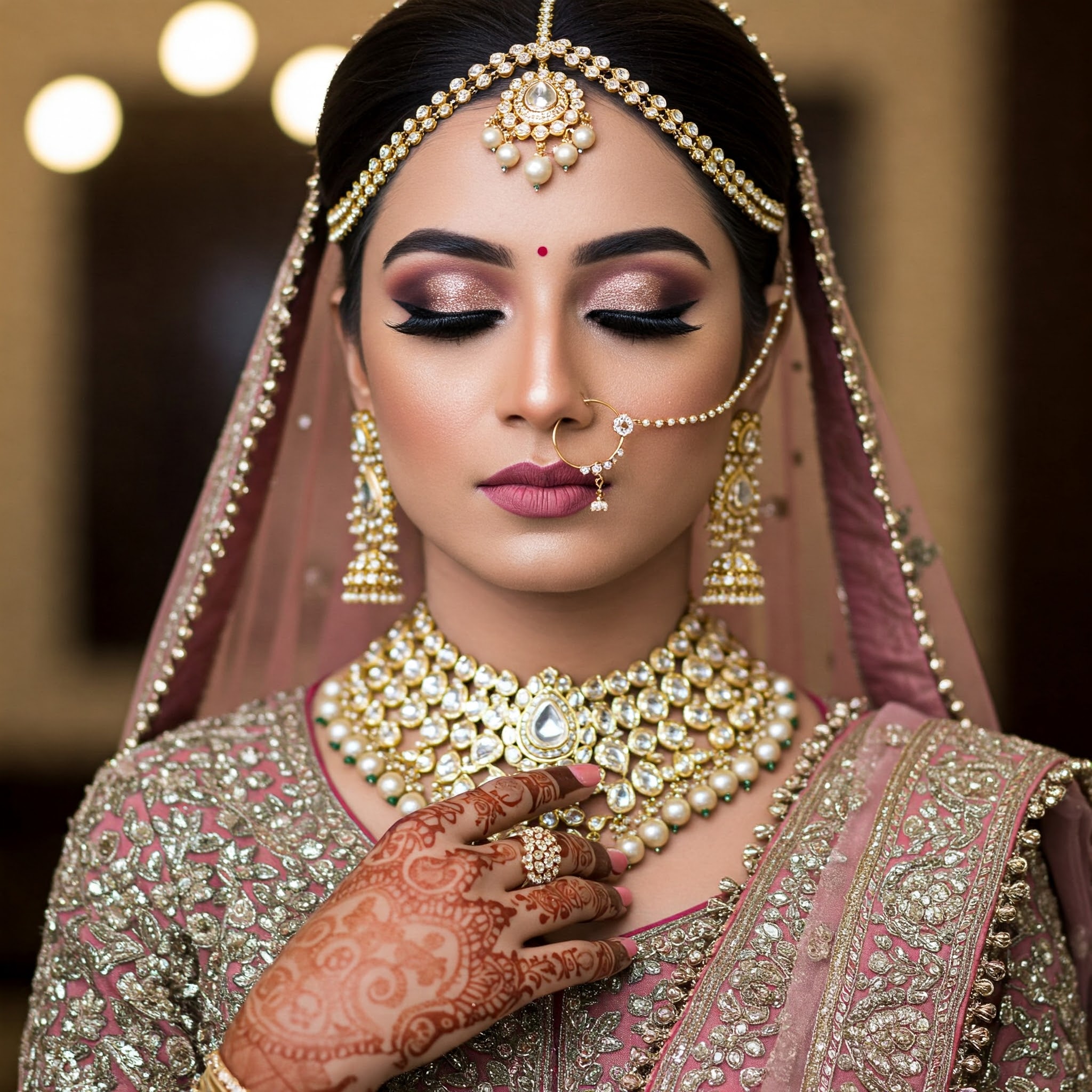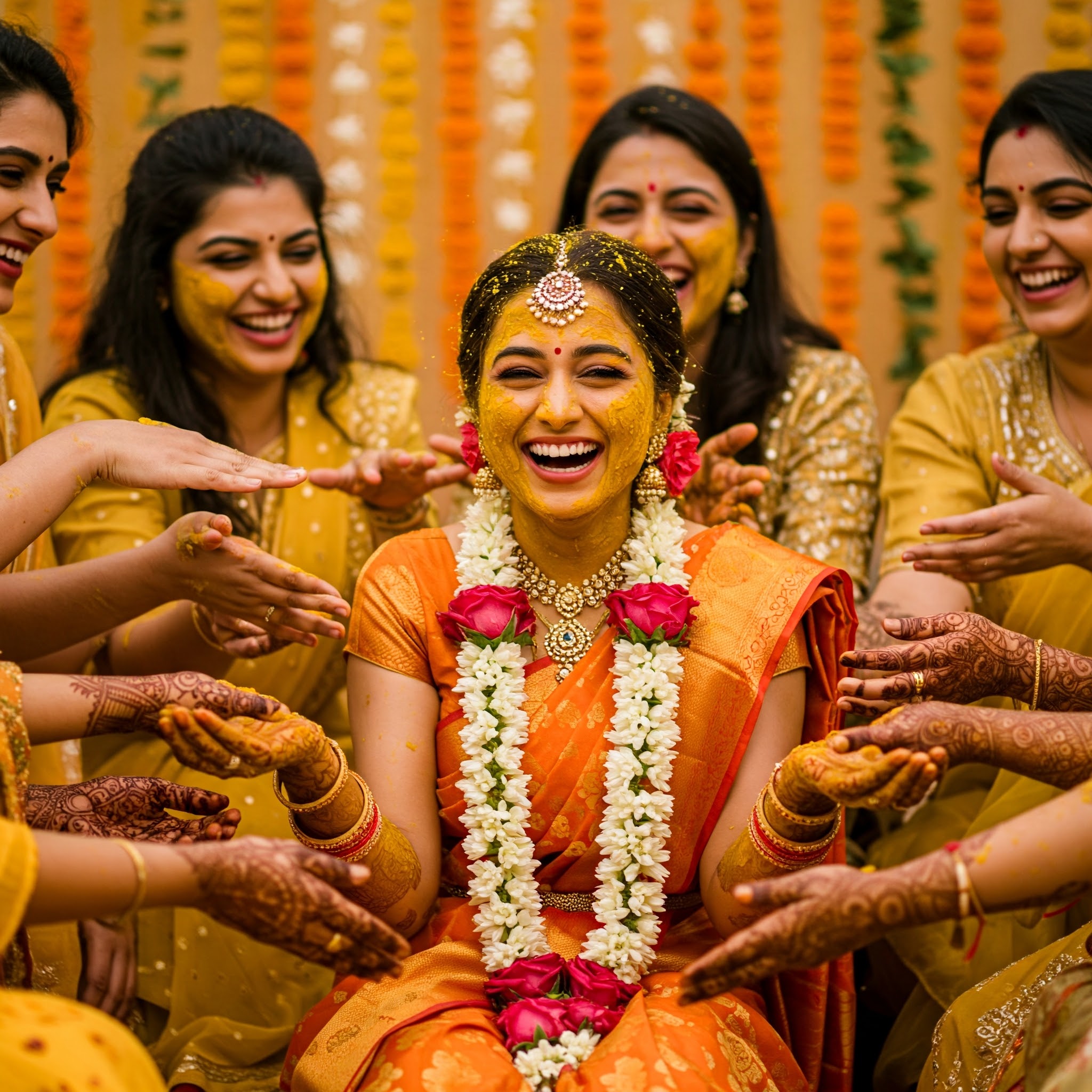
Checklist Before You Tie the Knot - Legal & Immigration Essentials for NRI Marriages
19-Sep-2025 digi shaadi
Introduction
Getting married as an NRI is exciting, but it also comes with legal and immigration complexities that couples cannot ignore. Beyond the cultural blend, NRI marriages require planning ahead to address visas, registration, and compliance with laws in both India and abroad.
This comprehensive checklist will guide you step by step through the essentials every couple should know before saying “I do”.
Documents Each Partner Must Provide
For the Indian Partner
Age Proof (birth certificate)
Passport and Aadhaar card
Single Status Affidavit / Bachelorhood Certificate
Spouse’s Death Certificate or Divorce Decree (if previously married)
Address Proof (ration card, electricity bill, etc.)
4–6 Passport-size Photographs
For the NRI Partner
Valid Passport & Foreign Residential Permit
Visa/Green Card/Work Permit Details
Proof of Address Abroad
Social Security/Insurance Number (country-specific)
Single Status Certificate from embassy/consulate
Divorce Decree or Death Certificate in case of prior marriage
Pro Tip: Always obtain notarised copies of all important documents for submission to the embassy or consulate.
Visa and Spouse Permit Procedures in Different Countries
Each country has its own rules when it comes to visas and spouse permits. Here are the essentials for the most common destinations:
United States
Spouse Visa (CR-1/IR-1): Granted if marriage is legally registered.
K-3 Visa: A faster option while the immigrant petition is still pending.
Requirement: Proof of a genuine relationship (photos, chats, joint accounts, etc.).
United Kingdom
Spouse Visa: Requires proof of English proficiency and meeting the financial requirement (minimum income threshold).
Valid for 30 months and can be extended.
Canada
Spousal Sponsorship: A Canadian citizen/permanent resident applies under the Family Class.
Requires proof of a genuine marriage and the sponsor’s financial capacity.
Australia
Partner Visa (Subclass 309/100): Starts as a temporary visa and can lead to permanent residence.
Includes mandatory health and character checks.
Note: Visa rules frequently change. Always check the official website of the respective country’s embassy or immigration department for updated requirements.
Marriage Laws: India vs. Foreign Countries
In India
Special Marriage Act (1954): For inter-caste, inter-religious, or international marriages. A 30-day public notice is required.
Hindu Marriage Act (1955), Christian Marriage Act (1872), Muslim Personal Laws: Apply for community-specific marriages.
Dowry Prohibition Act (1961): Giving or accepting dowry is a criminal offence.
Maintenance & Alimony: Wife can claim financial support under Section 125 CrPC or respective personal laws.
Abroad
Marriage must comply with local laws of the country (residency requirements, witnesses, civil registration).
Some countries require registration of the marriage at the Indian consulate for it to be valid under Indian law.
Important: Failure to register your marriage both abroad and in India can lead to serious complications in property rights, visas, and inheritance claims.
Significant Legal & Practical Precautions
-
Register the marriage both with local authorities abroad and the Indian consulate/embassy.
-
Verify the marital status of the NRI spouse to avoid fraudulent situations.
-
Be aware of divorce jurisdiction — foreign divorces are not automatically recognized in India unless validated by Indian courts.
-
Keep copies of prenuptial agreements (if signed abroad, their enforceability in India may vary).
Conclusion
An NRI marriage is about more than love and cultural blending — it requires careful legal and immigration planning. From securing the right documents to understanding visa rules and complying with laws in both India and abroad, preparation is key.
With proper paperwork, knowledge of country-specific visa processes, and compliance with Indian marriage laws, couples can ensure a smooth and stress-free transition to married life.
Final Advice: Always seek guidance from a family law expert and a qualified immigration consultant before proceeding, as rules differ across countries and are subject to change.
FAQs on Legal & Immigration Essentials for NRI Marriages
1. Is an NRI marriage registered abroad valid in India?
Yes, but it must comply with both local laws abroad and Indian legal requirements. In many cases, registering the marriage with the Indian consulate or embassy ensures recognition in India.
2. Which visa is the fastest for an NRI spouse?
This depends on the country:
-
US: K-3 visa is often faster while the immigrant petition is pending.
-
UK & Canada: Standard spouse/partner visas apply; processing time varies.
-
Australia: Subclass 309 (temporary) is the entry-level visa before permanent residency.
3. Can a foreign divorce be valid in India?
Not always. For a foreign divorce to be recognised in India, it must meet the conditions laid down by the Indian Supreme Court—including mutual consent and compliance with the relevant Indian marriage law.
4. Do NRIs have to follow Indian dowry laws?
Yes. The Dowry Prohibition Act (1961) applies even if the NRI is settled abroad. Accepting or giving dowry is a punishable offence in India.
5. What happens if the marriage is not registered in India?
Failure to register the marriage in India may lead to complications in:
-
Visa and spouse permit applications
-
Property and inheritance rights
-
Legal disputes in case of separation
6. Can NRIs sign a prenuptial agreement?
Yes, but its enforceability in India is uncertain. While prenups are valid in many Western countries, Indian courts examine them case by case, especially in divorce or maintenance disputes.
7. What is a Single Status Certificate, and why is it important?
A Single Status Affidavit (sometimes called a bachelorhood certificate) is proof that the person is unmarried. For NRI marriages, embassies and local foreign authorities often demand it to prevent fraudulent or bigamous marriages.




